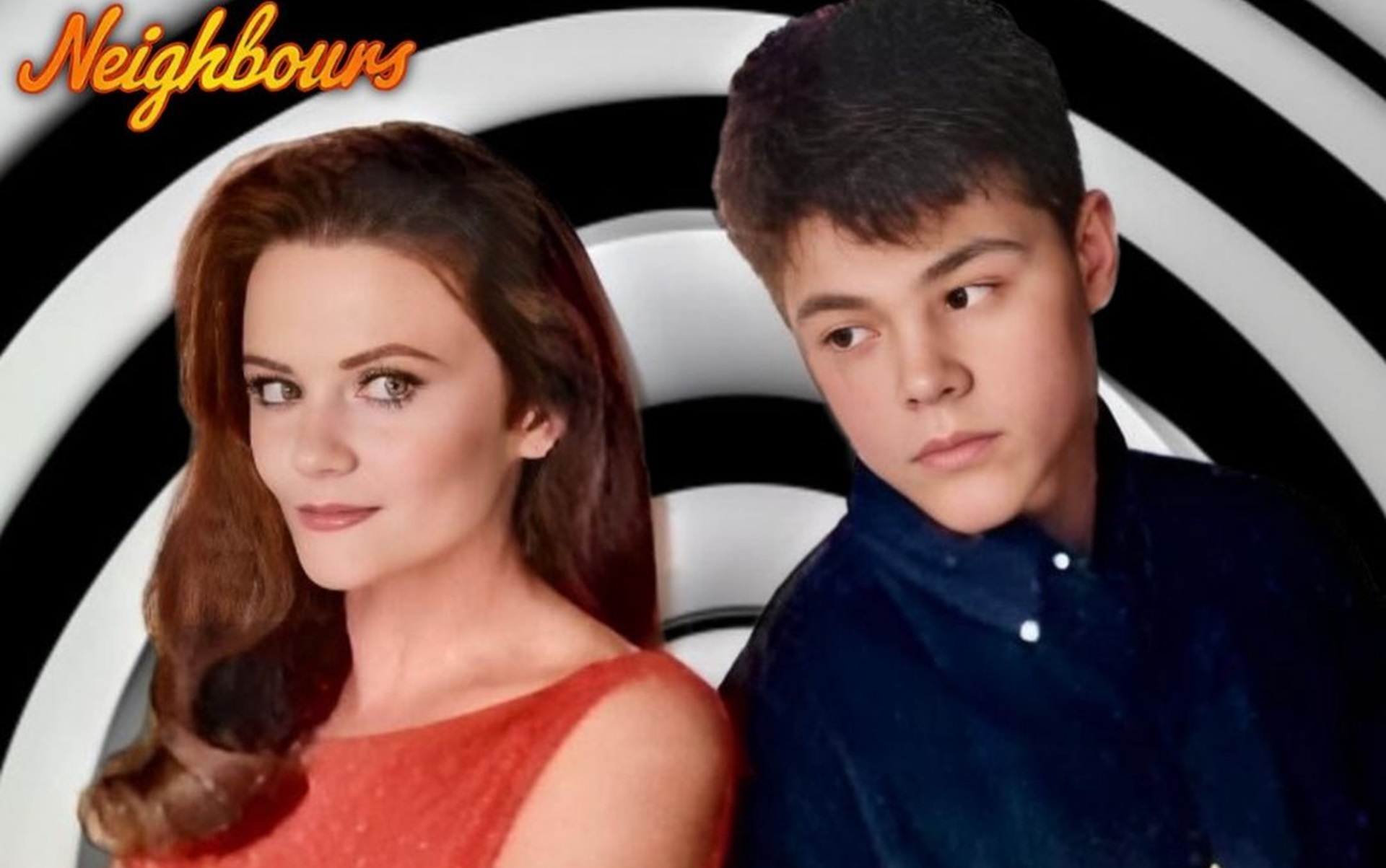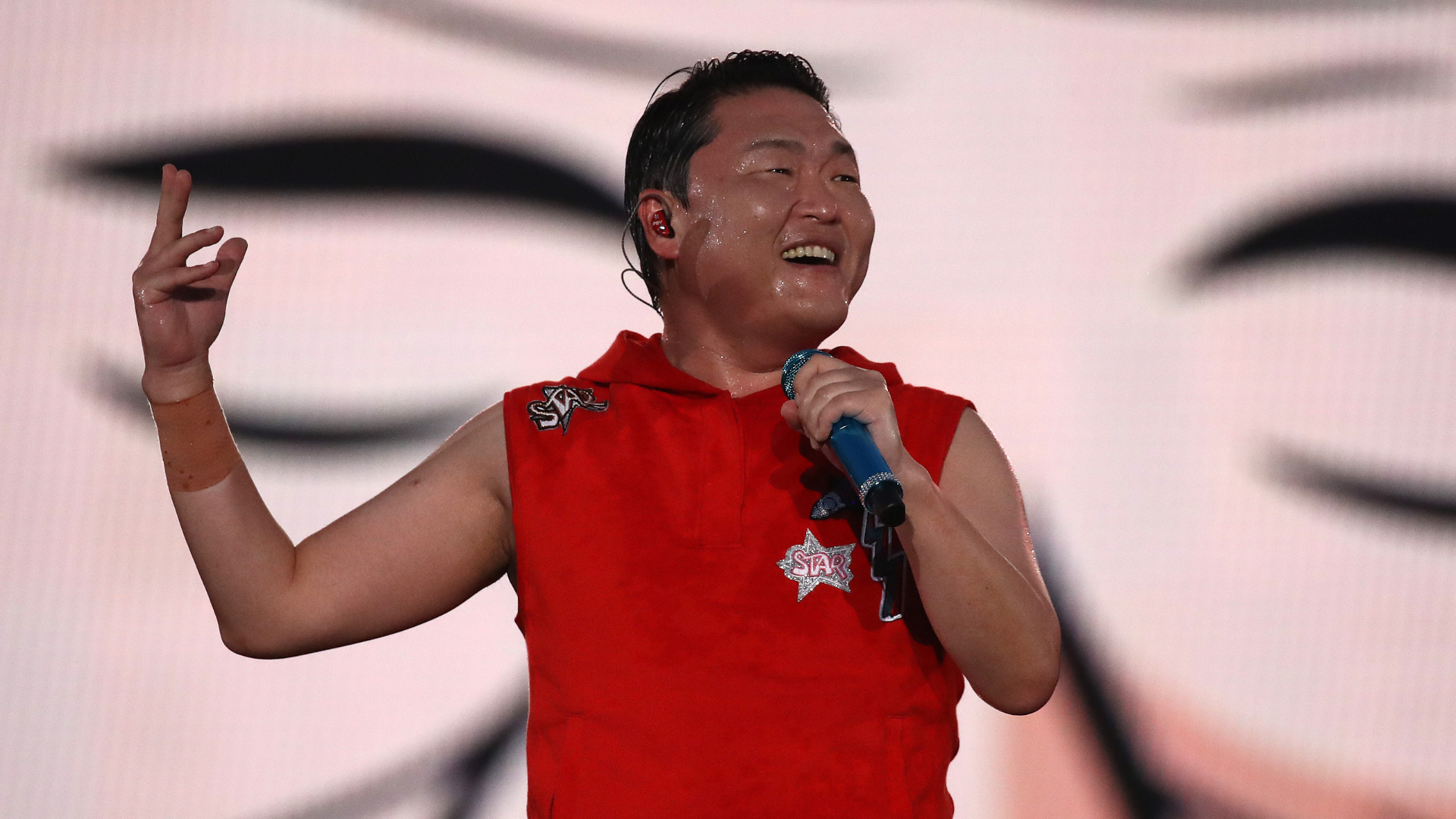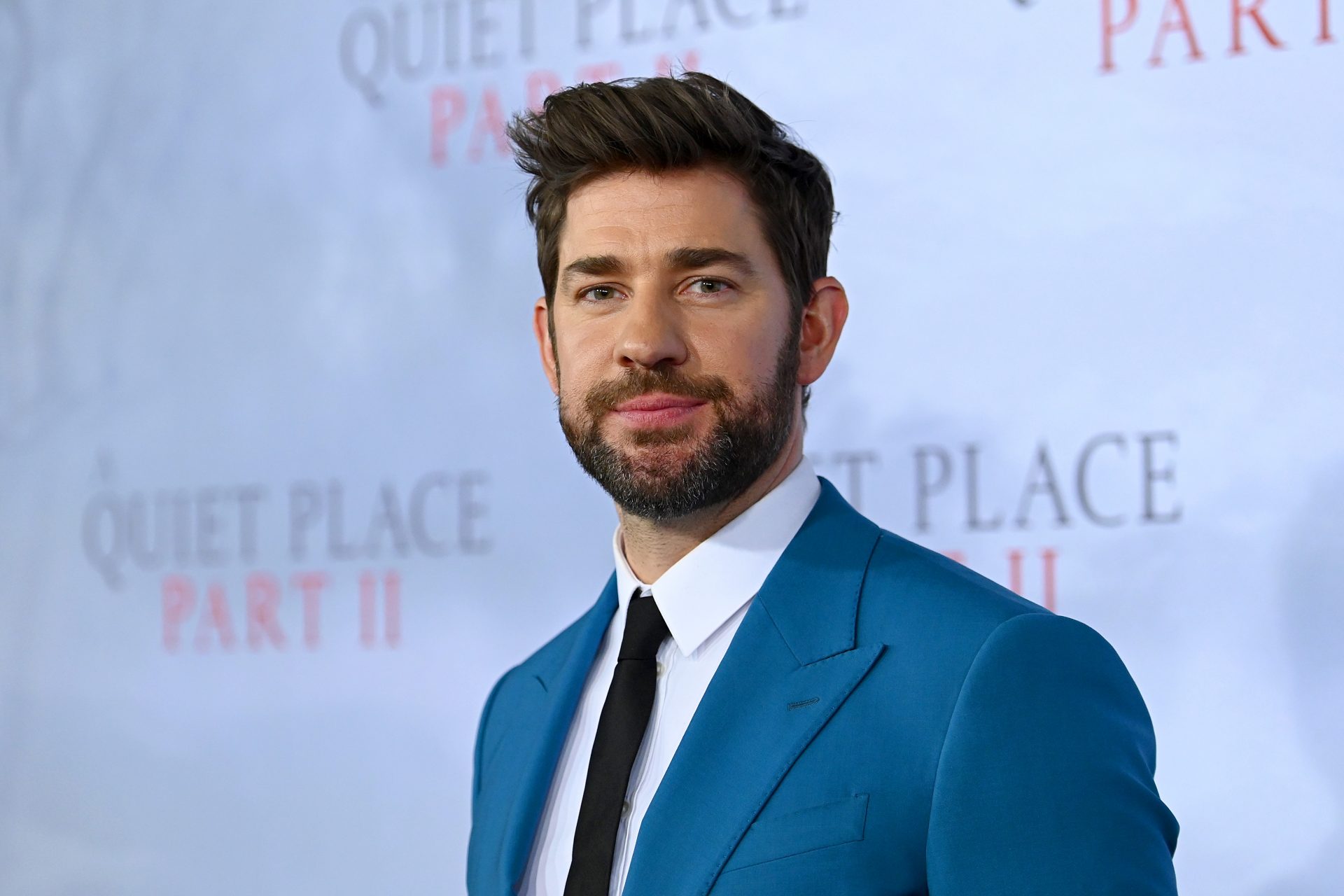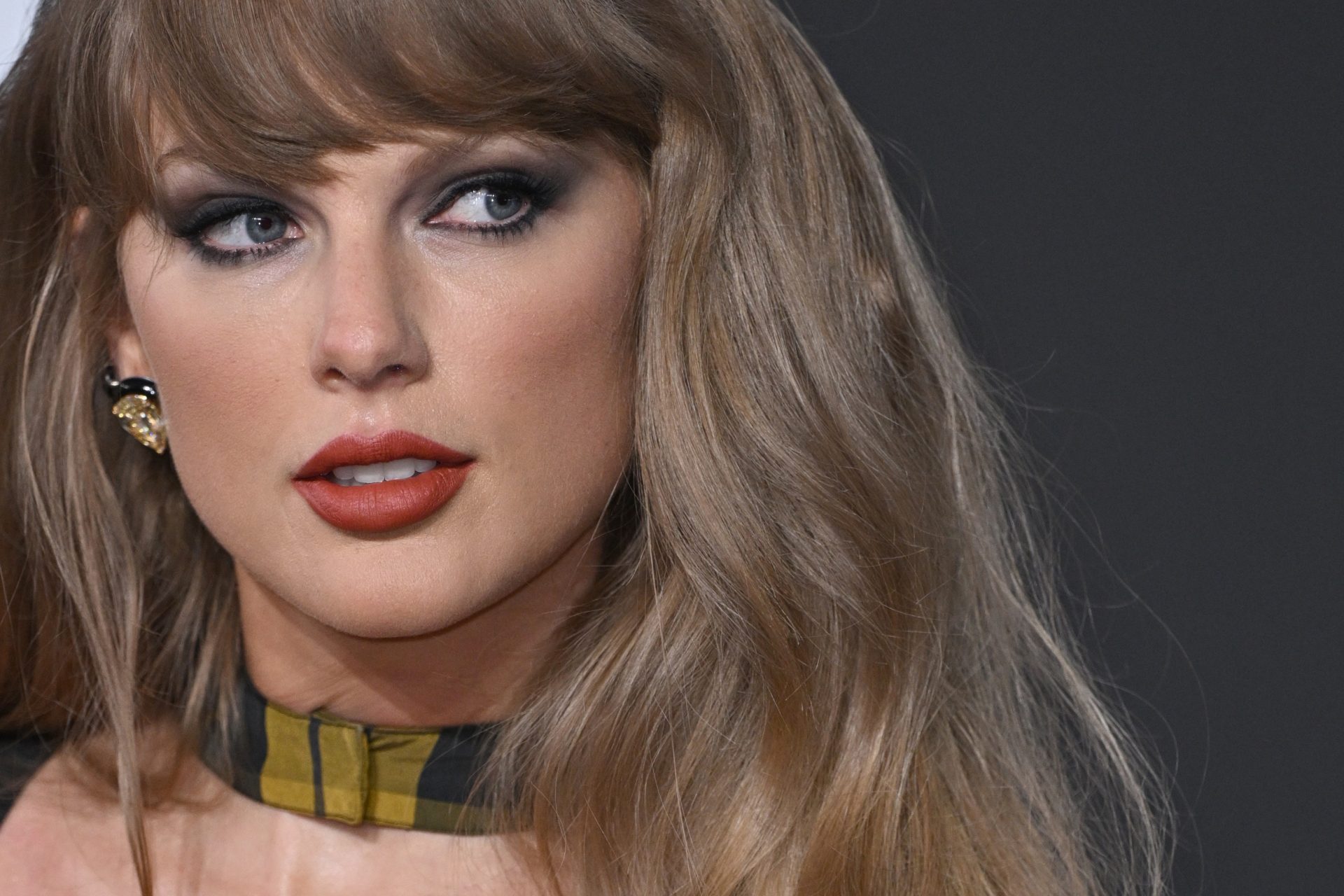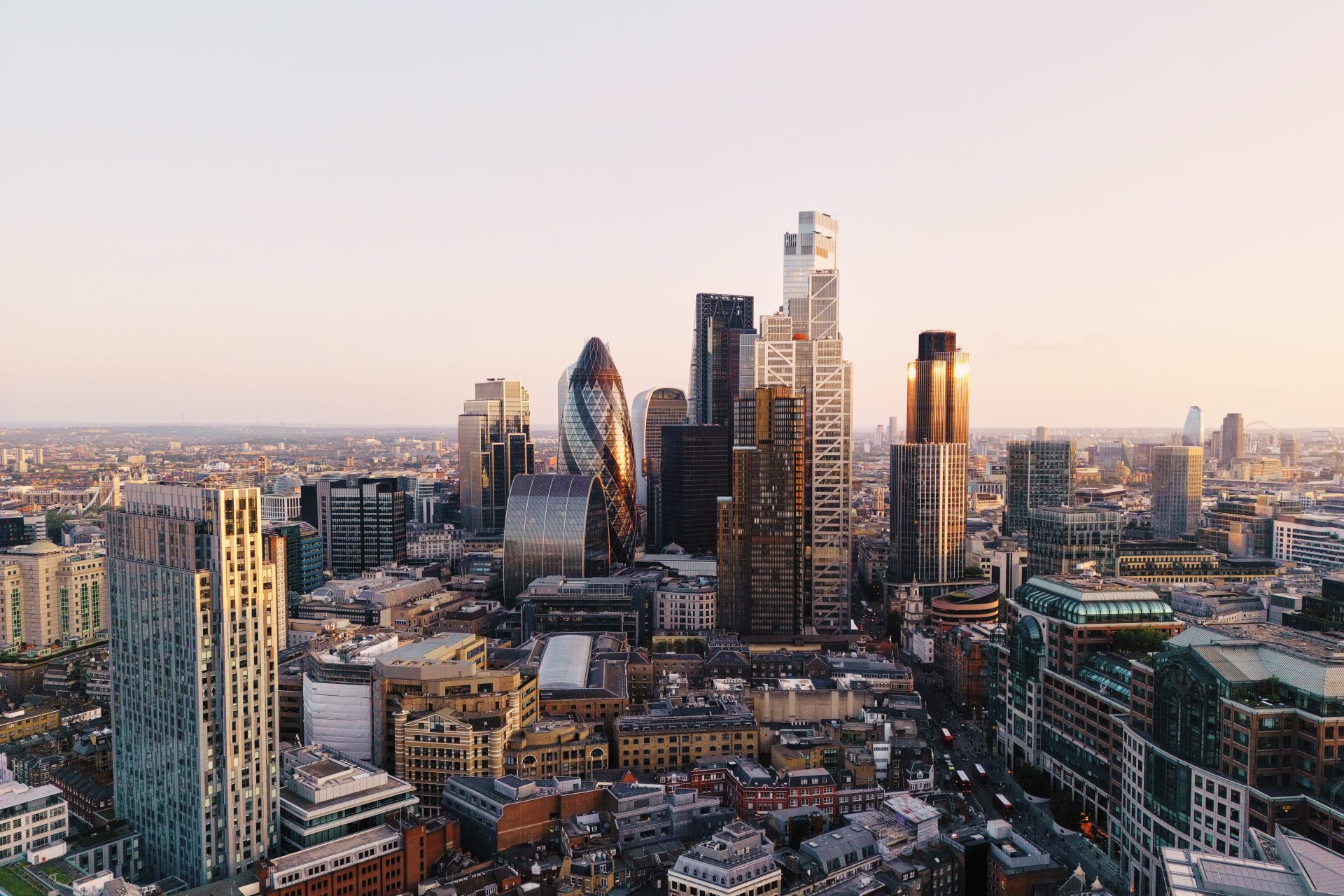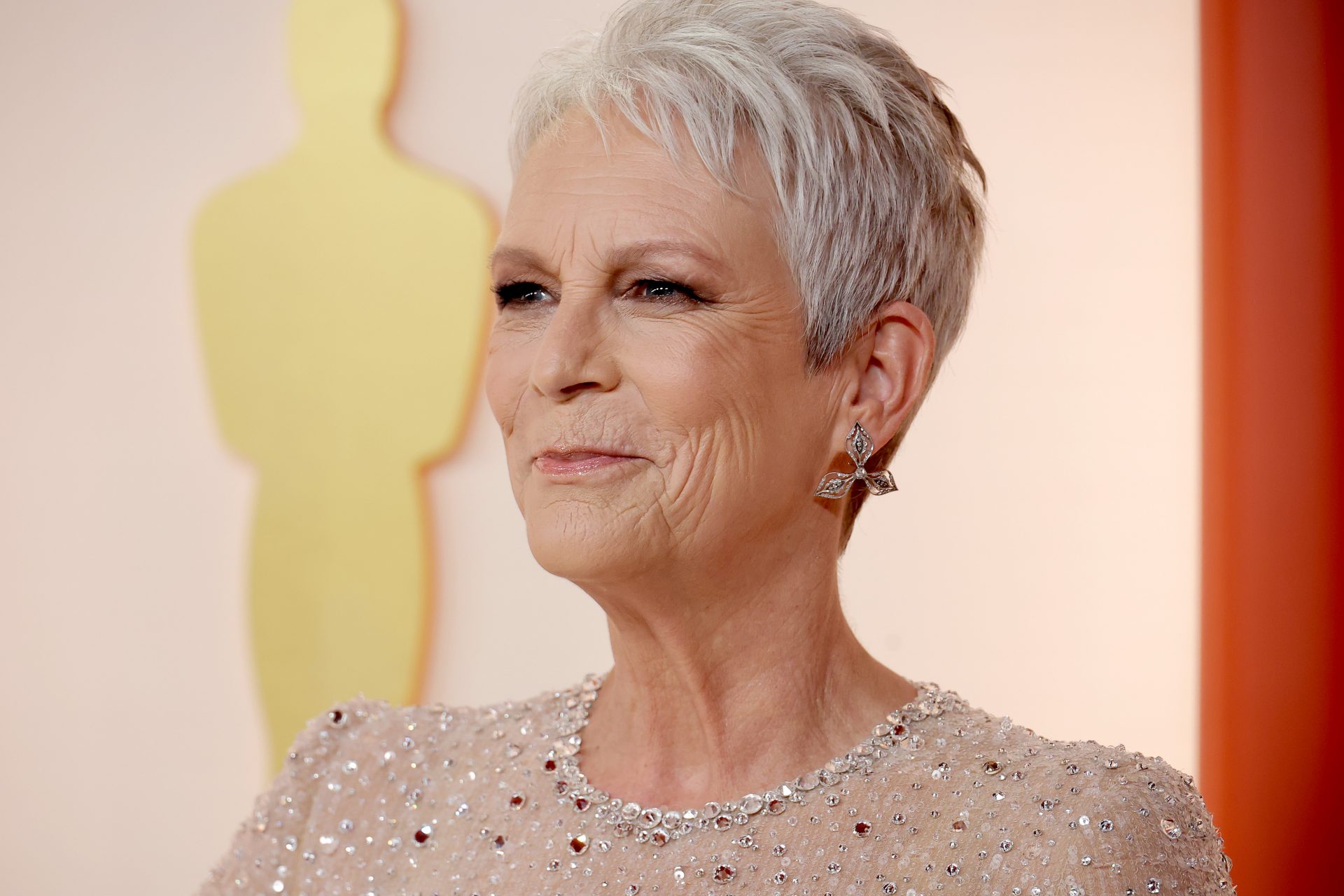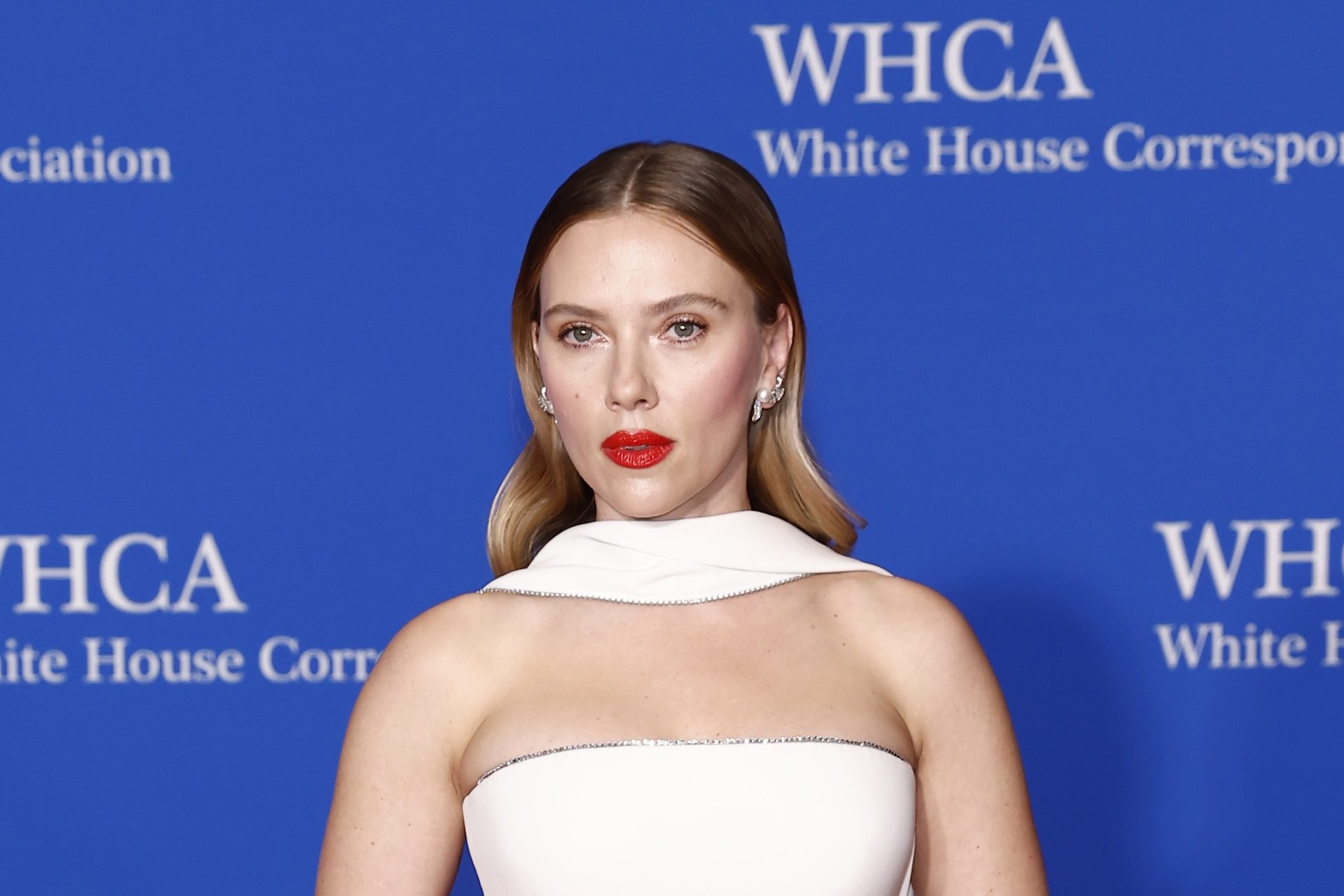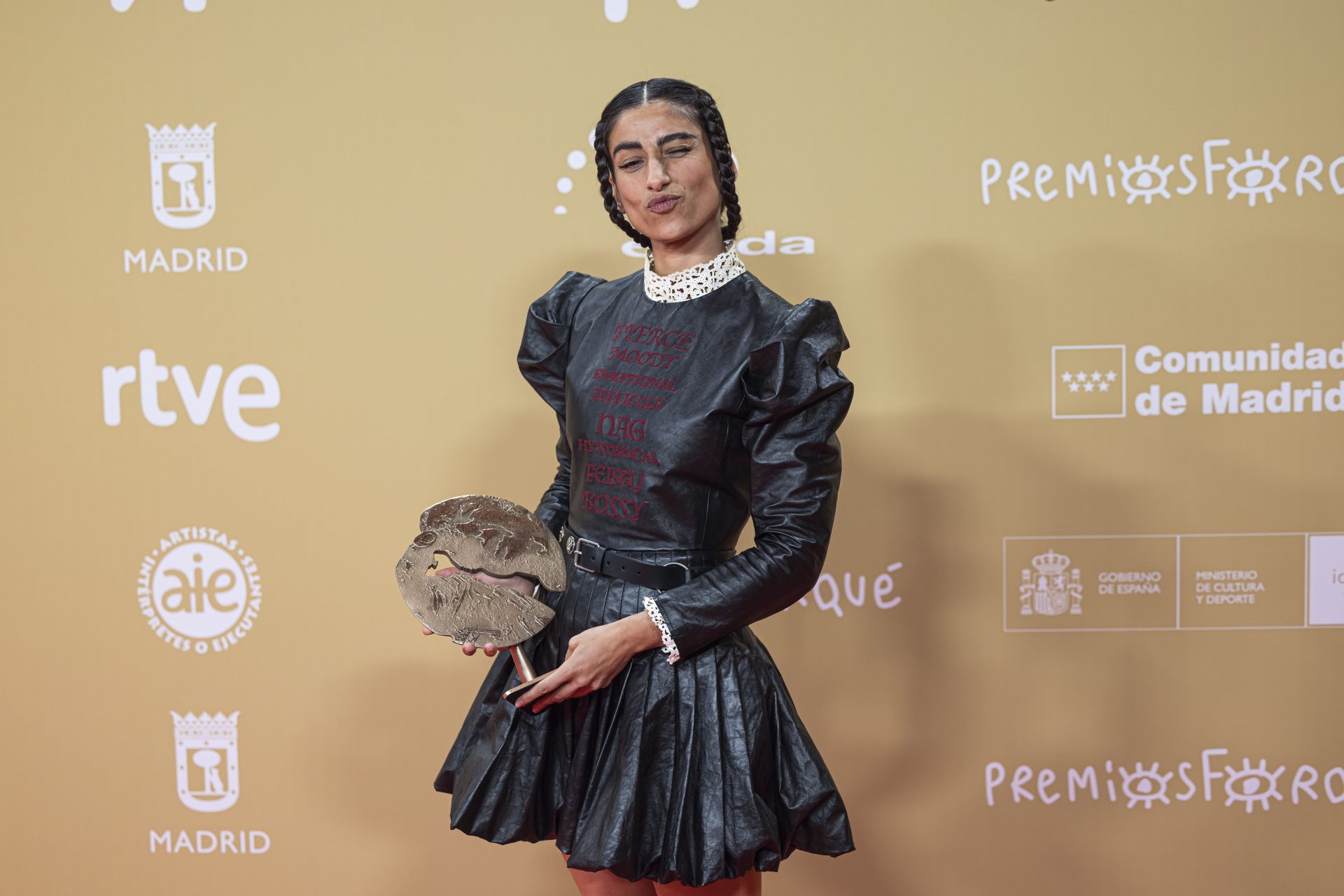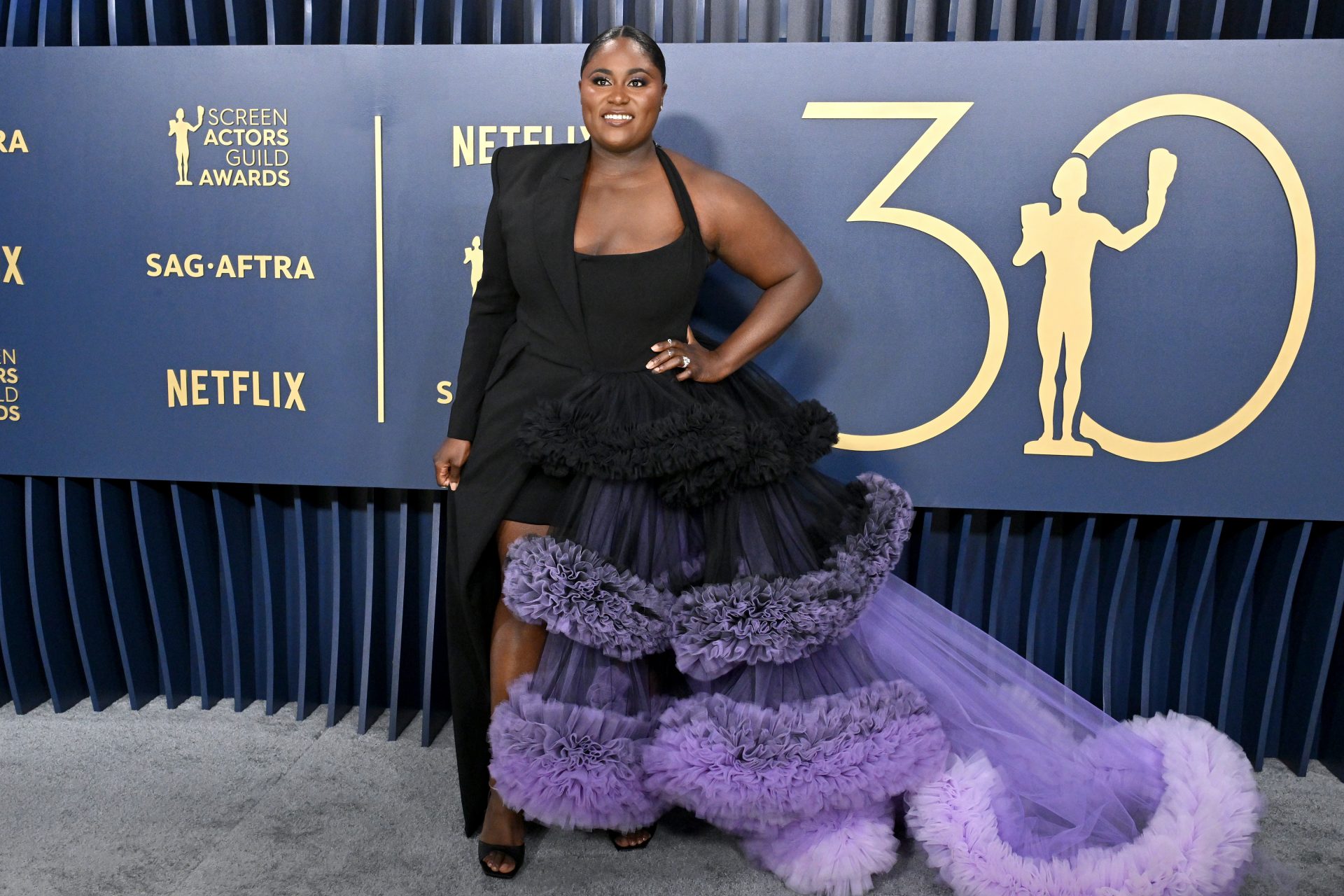Justin Bieber, Tina turner and other musicians who sold their song catalogs
Justin Bieber is now another musician in a long list of musicians who have cashed in big time for just a small (immediate) effort: their entire song catalogs, that is.
The prince of pop has sold publishing copyrights, songwriter's ownership, master recordings, and all rights of his entire catalog of recordings made until 2021, to Hipgnosis, for a whopping $200 million dollars.
Justin started recording some of these songs when he was only 13 years old. The entire catalog includes 290 titles, with hits songs including "Peaches" and Beauty and the Beat." Let's look at some of the other musicians who made a buck or two from their song catalogs.
And if Justin is the 'Prince of Pop,' then Springsteen really is 'The Boss,' considering the deal he made for his song catalog.
Bruce Springsteen made an agreement with Sony Records, selling them all the rights to his music. The deal amounts to a total of $442.5 million dollars, Billboard magazine reports.
Sony, where the musician released his entire catalog, thus takes over a discography that includes legendary albums such as 'Born in the USA' and 'The River'. Obviously, he is not the only star who has taken the path of selling his musical legacy during his lifetime.
Another great pop star who sold her artistic legacy was Tina Turner. The rights to her songs (copyright, exploitation, image, etcetera) have been acquired by the label BMG. The question is, for how much did she sell her song titles?
The price of Tina Turner's music catalog has not been disclosed. However, in the music industry, they are talking about "the largest commercial operation of its kind so far." If that is true, Tina Turner has surpassed the record of Bob Dylan, who reportedly got $300 million dollars for his catalog. The figure for Dylan's sale was never confirmed either.
The octogenarian Tina Turner was a best-selling star when records were still the main source of income for musicians. Many media estimate her record sales to $100 million.
She sold them partly together with Warner, and she will continue to work with them although they were unable to outbid competitor BMG for the rights.
Tina Turner has explained her move in a statement: "As for any artist, protecting my life's work, my musical legacy, is a personal endeavour." However, it's economic reasons that drive most sales of songs - in Tina Turner's case as well as in others. It's a recent boom of catalogue sales: Shakira, Bob Dylan, Crosby, and others.
The great songs of pop history have become valuable assets for venture capitalists. Investors compete to hold the rights to the most important musical works, and artists of all kinds, like the legendary Bob Dylan, Tina Turner, and the Red Hot Chili Peppers, sell their songs for millions of dollars. They are part of a list of stars who stepped away from their catalogs for a lot of money.
To get an idea of what a good catalogue costs, here is the figure that Red Hot Chili Peppers charged for their songs: $140 million dollars. The band sold them to the Hipgnosis Songs Fund, a music IP investment and song management company that owns the works of 50 great artists.
Hipgnosis Songs Fund holds the rights to the songs of classics such as Neil Young and Blondie (in the image) but also those of more recent stars like 50 Cent, Enrique Iglesias, Kaiser Chiefs, The B52s, and Timbaland.
The owner of the Hipgnosis Songs Fund is the Canadian Merck Mercuriadis. At the age 19, he began working at Virgin's Toronto headquarters. Currently, he owns the rights to more than 60,000 songs. This means that he gets the profits of every cent that these songs generate, for example when they are played on Spotify or appear in commercials, TV series, or movies.
But it's not just the Hipgnosis Songs Fund that hunts for pop star catalogs. According to the Financial Times, the venture capital fund Shamrock Capital bought Taylor Swift's songs for $300 million.
The New York Times reported that Bob Dylan sold all his creations to Universal for an estimated amount of $300 million dollars. The market gives the same value to Taylor Swift as it does to Bob Dylan.
David Crosby, an iconic 1960s star whose songs with the band Crosby, Still, Nash & Young are hymns of the hippy era, also sold his catalog. In this case, the songs went to the Iconic Artist Group.
The pandemic has accelerated the song sales process. There are no concerts and there is no income for pop stars. To cover the losses, artists are accepting bids on their songs and the profits they may bring.
For some musicians, it is a way to get money to be able to retire. Paul Simon withdrew from the stage for good and decided to sell his songs to Sony Records.
The acquisition of the rights to the songs of rock and pop stars is not a new phenomenon. In 2006 Courtney Love sold half of the rights to Kurt Cobain's songs to Primary Wave Music Publishing.
Primary Wave Music Publishing owns (partially or entirely) the catalogs of Def Leppard, Chicago, Katrina & The Waves, Steve Earle and Steven Tyler (image).
In the case of the Beach Boys, the sale went beyond the songs. The mythical surf pop group has sold not only its catalog but also its name and its brand's exploitation rights to the Iconic Artist Group. This means that any T-shirt or other appearance of the Beach Boys will bring profits to IAC - and not to any of the Beach Boys or their families.
Song catalogs have been discovered as a product that can be traded in the same way as stocks, raw materials, or other assets. Songs go up and down in price, and each catalog can be sold and resold to make a profit.
It was a historical moment when Michael Jackson bought the rights to the songs of The Beatles in 1985. He paid $47 million dollars for them. Back then, that price was considered immense and excessive, but when you look at the values of iconic stars' catalogs today, Michael Jackson seems to have gotten a bargain.
Living from music is difficult when there are no concerts. Record sales are no longer a relevant source of income, and the benefits from Spotify, YouTube or other streaming services are small. Unless millions and millions of people play a song on Spotify, it won't generate a significant profit. Therefore, certain established artists see the sale of their catalog as a way to make money again.
And how about new stars and their music? Just as the record companies have bargained to get a percentage of the profits of artists' tours, there may be clauses in future contracts stating that whoever invested in an emerging artist gets the rights of the songs. These are the tough rules of capitalism.
In any case, the most important thing is that the music doesn't stop. After the pandemic, concerts will return. Artists will once again earn the essential income to pay for their mansions or their modest apartments - whichever applies to a musician at the top or on their way to it.





























